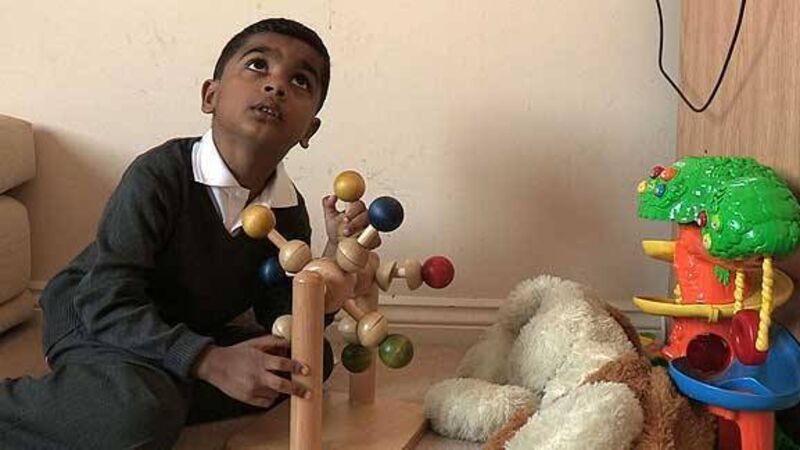‘Cuddle’ hormone helps autism, research shows

Scientists studied 17 children and adolescents with autism spectrum disorders who were randomly treated either with an oxytocin nasal spray or an inactive dummy compound.
“We found that brain centres associated with reward and emotion recognition responded more during social tasks when children received oxytocin instead of the placebo,” said lead scientist Dr Ilanit Gordon, from Yale University in the United States. “Oxytocin temporarily normalised brain regions responsible for the social deficits seen in children with autism.”














